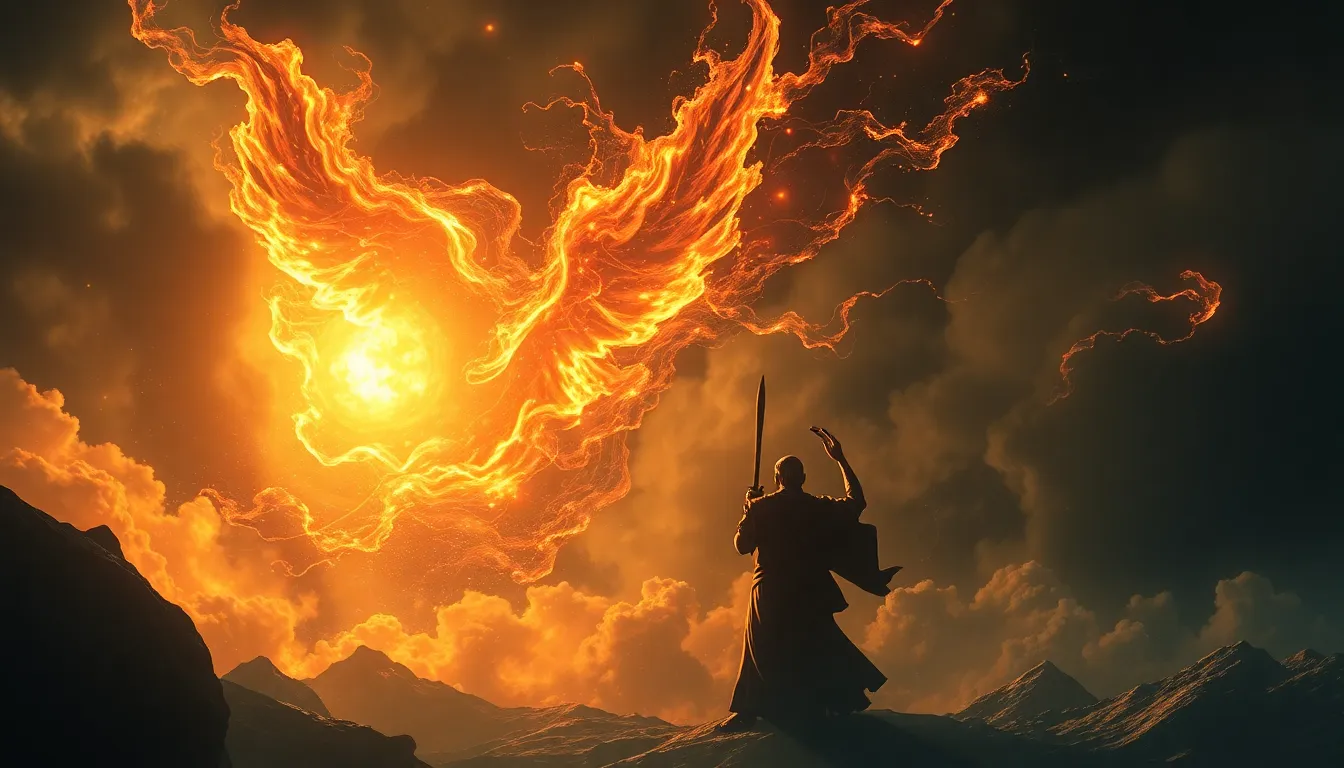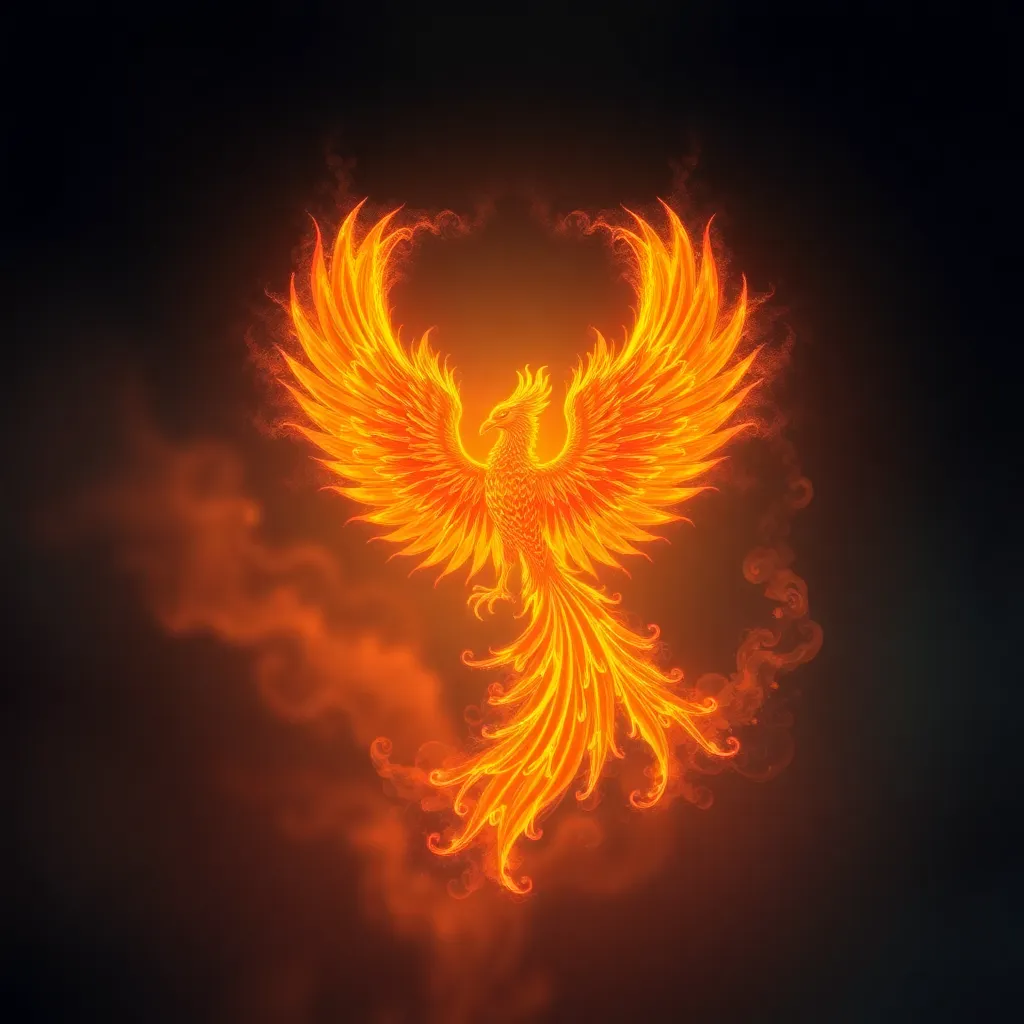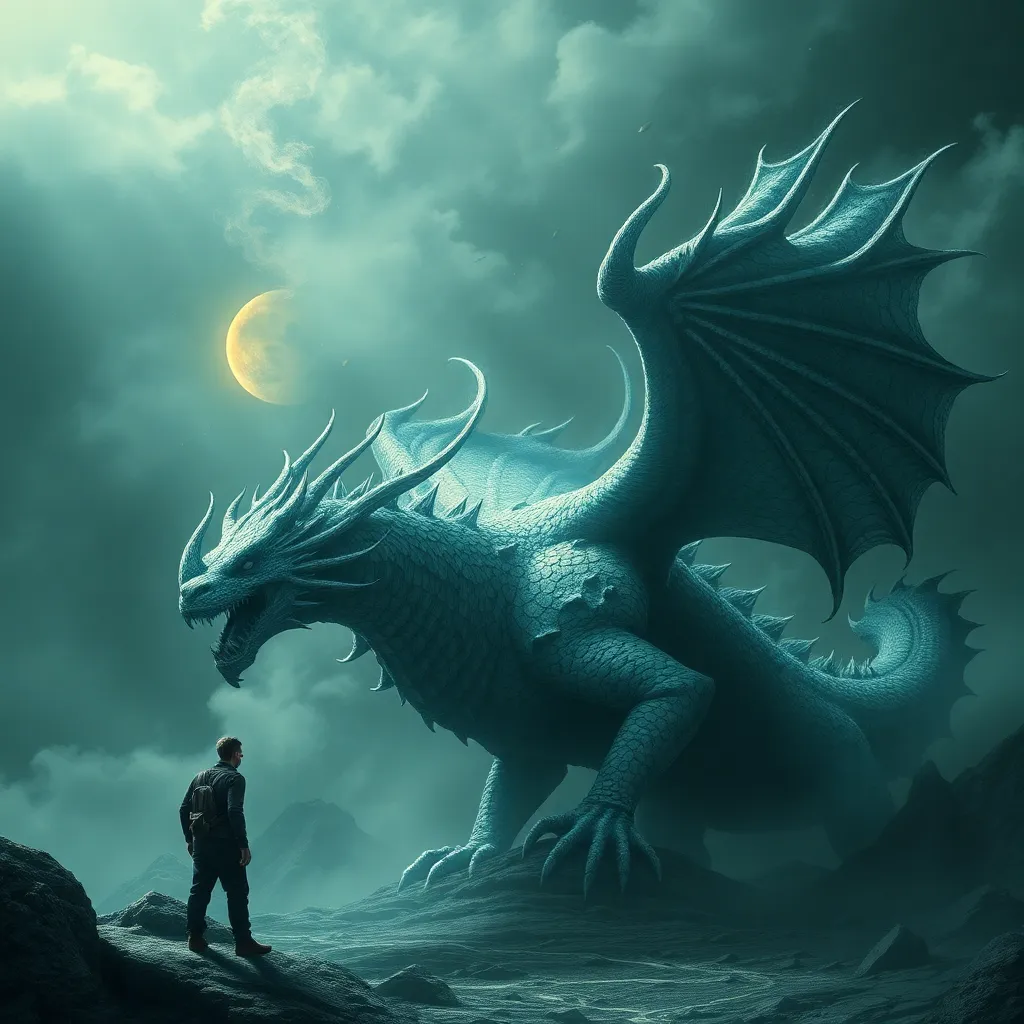The Power of Cultural Hero Myths in Shaping Values
Introduction to Cultural Hero Myths
Cultural hero myths are narratives that celebrate the extraordinary deeds and qualities of individuals who are revered within a society. These myths often embody the values, aspirations, and moral frameworks of the cultures from which they emerge. They serve as a lens through which communities understand their history, identity, and ethical standards.
The significance of hero myths extends beyond mere storytelling; they play a crucial role in shaping societal values, providing models for behavior, and fostering collective identity. This article will explore how these myths influence values across cultures, their evolution through history, and their modern adaptations.
Historical Context of Hero Myths
Throughout history, hero myths have been integral to the fabric of ancient cultures. In Ancient Greece, figures like Hercules and Achilles illustrated ideals of strength and honor, while Mesopotamian myths featured heroes like Gilgamesh, who grappled with themes of friendship and mortality. Indigenous cultures often celebrated their own heroes through oral traditions, embodying the values of their communities.
As societies evolved, so did their hero myths. The narratives adapted to reflect changing norms, values, and challenges. For instance, the transition from mythological heroes to historical figures in the Renaissance highlights the shifting perceptions of heroism and its role in society.
Types of Hero Myths and Their Characteristics
Hero myths can be classified into several categories, each with distinct characteristics:
- Archetypal Heroes: These heroes typically embody ideal traits, such as courage and integrity. Examples include King Arthur and Odysseus.
- Tragic Heroes: Often flawed, these heroes face downfall due to their inherent weaknesses, such as Macbeth or Oedipus.
- Anti-Heroes: Challenging traditional notions of heroism, anti-heroes possess qualities that are morally ambiguous, such as Deadpool or Walter White.
Commonly, heroes undergo a journey characterized by trials, tribulations, and transformation. This “hero’s journey,” as outlined by Joseph Campbell, includes stages such as the call to adventure, facing challenges, and returning home transformed.
Cultural Values Reflected in Hero Myths
Hero myths often mirror the core values of the cultures they originate from. For example:
- Bravery: Many heroes exemplify courage in the face of adversity, inspiring individuals to confront their own challenges.
- Sacrifice: The willingness to sacrifice for the greater good is a common theme, highlighting the importance of community over self.
- Justice: Heroes often seek to restore balance and justice, resonating with societal desires for fairness and equity.
These values resonate deeply within their respective cultures, reinforcing the principles that guide behavior and decision-making.
The Role of Hero Myths in Identity Formation
Hero myths play a significant role in shaping both individual and collective identities. They provide a framework through which people can understand themselves and their place within a community. For instance:
- National Identity: Nations often adopt heroes from their history to foster a sense of pride and unity, such as George Washington in the United States.
- Personal Identity: Individuals may identify with certain heroes, drawing inspiration from their journeys and values to shape their own lives.
Case studies of communities, such as the Māori in New Zealand, highlight how their hero myths contribute to cultural identity and continuity in the face of globalization.
Modern Adaptations of Hero Myths
In contemporary society, hero myths have adapted to reflect changing values and realities. Literature, film, and media often reinterpret these narratives:
- Literature: Modern novels frequently feature complex characters who challenge traditional heroism, such as Katniss Everdeen in “The Hunger Games.”
- Film: Movies like “Black Panther” present heroes who address social issues, reflecting contemporary values of diversity and inclusion.
These adaptations serve not only as entertainment but also as commentary on current societal norms and aspirations.
The Psychological Impact of Hero Myths
Hero myths profoundly influence personal values and behaviors. They provide models for moral development and ethical decision-making:
- Role Models: Heroes often serve as role models, influencing how individuals approach challenges and ethical dilemmas.
- Moral Frameworks: The narratives help individuals define their own moral compass, shaping their understanding of right and wrong.
Psychological studies have shown that exposure to hero myths can foster empathy, resilience, and a sense of responsibility towards others.
Cultural Hero Myths and Social Change
Hero myths have the potential to inspire movements for social justice and change. They can mobilize communities and provide a rallying point for collective action:
- Inspiration: Figures like Nelson Mandela and Martin Luther King Jr. have become modern heroes, inspiring others to fight for justice and equality.
- Inclusivity: As society evolves, there is a growing trend to reimagine hero myths to promote inclusivity and diversity, challenging traditional narratives.
By embracing a wider range of hero narratives, communities can foster a more inclusive understanding of heroism that reflects the diversity of human experience.
Critiques of Hero Myths
Despite their positive aspects, hero myths are not without limitations. Critics highlight several negative aspects:
- Glorification of Violence: Many hero narratives glorify violence as a means to achieve goals, which can perpetuate harmful societal norms.
- Exclusionary Narratives: Traditional hero myths often exclude marginalized groups, reinforcing stereotypes and limiting representation.
Alternative narratives that challenge conventional heroism are emerging, emphasizing collaboration, vulnerability, and community-oriented values.
Conclusion: The Enduring Power of Hero Myths
The enduring power of cultural hero myths lies in their ability to shape values, inspire change, and foster identity. As societies continue to evolve, it is essential to recognize and reinterpret these myths, ensuring they reflect the diverse values and experiences of all individuals. By doing so, we can create a richer, more inclusive narrative that honors the complexities of the human experience while inspiring future generations.


